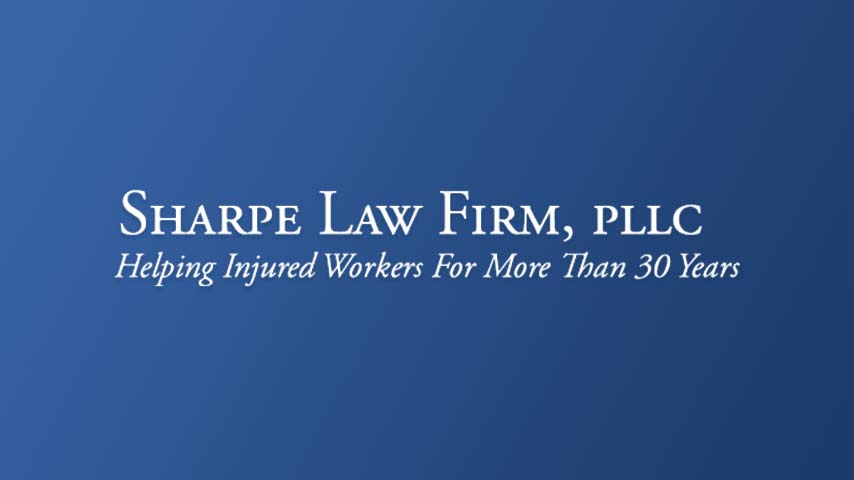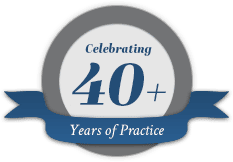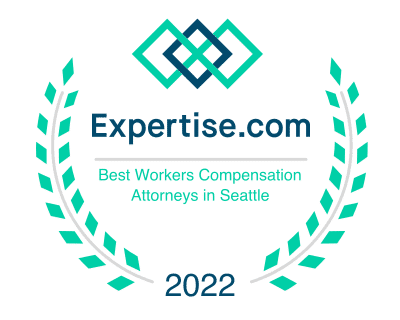What is a Claim Resolution Settlement Agreement (CRSA)?
A Claim Resolution Settlement Agreement/CRSA is a contract between L&I, the injured worker, and the employer. It closes the claim with either periodic money payments or a lump sum settlement.
- The injured worker agrees to give up benefits such as permanent partial disability (PPD), time loss payments, vocational, medical treatment, and other benefits. The injured worker also gives up their right to reopen the claim for most benefits. Medical only reopening can still be accomplished
- The injured worker gets an agreed upon claim resolution to include a money settlement.
- Learn the rules and make a smart decision about a CRSA.
Who is eligible for a CRSA?
- Claim age: The L&I claim must be at least 180 days old.
- Injured worker age: The injured worker must be at least 50 years old to be eligible.
- A CRSA is not easy to get – most applications are turned down.
Where are the CRSA law and rules?
- Claim Resolution Settlement Agreement (CRSA) law is in the Revised Code of Washington RCW 51.04.063.
- The rules can be found in the Washington Administrative Code at WAC 296-14A
A CRSA is Better than a CRSSA. What is a Structured L&I Settlement?
A structured settlement is one way you can settle and close your L&I claim. You can also use a CRSA to close your claim with a lump sum payment.
The CRSA law recently changed; CRSSA is out and CRSA is in. Most of the original law is still intact. The big change is to how the money benefit is paid. There is now no requirement to take a structured settlement. Now there is the option for a lump sum payment. This helps anyone who wants a lump sum (who doesn’t?) and especially it helps everyone who is also on social security disability.
What are the advantages of a CRSA?
- A CRSA allows for early resolution/settlement of your claim. L&I claims are not fun. This will put an end to it.
- 15% attorney fee cap on the CRSA award
- Medical reopening possible, as usual
- Some future medical treatment can be pre-authorized
- 30 day revocation of CRSA is possible if you quickly change your mind
- Benefits (if being paid) are continued during negotiations
- If the self insurer fails to comply with the CRSA you can request a penalty. RCW 51.04.063
- The money can be paid over time or in a lump sum.
What are the disadvantages of a CRSA?
- L&I reopening benefits are limited to medical only. No time loss will be paid if there is a future claim reopening. This will create a big future problem for a worker with a serious injury who will need more medical care and time loss payments in the future. Complex medical problems are almost always significantly worse, more complicated, and more devastating than they appear. Serious medical problems are not just a now thing. They are also a future thing. They can continue into the future and be there to haunt you later. If you need to reopen your claim for medical reasons you will probably then want L&I time loss. A CRSA does not allow this; no future time loss. Be careful with your future. Consider a PPD settlement or a pension.
- Injured worker’s private information is subject to public disclosure. Privacy is lost.
- Segregation of conditions raises significant Medicare and MSP issues. This can cause serious problems with Medicare and Social Security. Understand what you are doing if the employer wants to segregate out a medical condition.
- Claim closes; so medical treatment, vocational benefits, and time loss all end.
- These agreements are sometimes unfavorable for the injured worker.
- Bogus IME’s together with the worker’s need for money allow L&I or the employer to offer a ridiculously low settlement, and the injured worker who needs money now will too often take that settlement.
- The value of a CRSA can be further diminished or limited by:
- Monies owed to L&I
- Monies owed to OSE
- Third party excess
- Medicare
- Social Security benefits
- Social Security Disability (SSD) recipients are subject to offset on periodic CRSA payments, sometimes imposed retroactively. This is not good. This can ruin the value of a CRSA. If you are on SSD, a CRSA with periodic payments is not for you. A CRSA with a lump sum is a better option.
- If you are on Social Security Retirement (SSR) then there will be no offset.
How to get started if a CRSA is right for you.
- Get a paper application – Call L&I at 360-902-6101 for a CRSA settlement application.
- Submit application to BOIIA electronically: Application for Approval of Settlement
Attorneys
- Do I need an attorney? If you have a minor injury – probably not. If you have a serious career ending injury – probably yes. If your employer is self insured you may also benefit with an attorney. L&I Attorney
- Do I want an attorney? Probably. These settlements can involve complex legal procedures and may have a significant financial impact on you and your life going forward. Attorneys can inform injured workers of their rights and how the structured settlement will financially impact their future, compared to how keeping the L&I claim would play out. Attorneys may be able to obtain a larger settlement. The fee your attorney can charge is limited in a CRSA settlement. If you really want CRSA then you really want an attorney. Judges grant CRSA’S to represented workers far more often than to those who have no attorney.
- Board Best Interest Hearing If you do not have an attorney the Board of Industrial Insurance Appeals will require you to participate in an additional legal hearing where you must show the judge why the CRSA is in your best interest. If you do have an attorney it’s his job to watch out for your best interest so the Board will skip this hearing.
CRSA Procedure
- Obtain, complete, and submit an application.
- BOIAA receives, considers, approves application.
- 30 day revocation period, no appeal.
- CRSA then effective according to its terms.
Other L&I Settlements Instead of a CRSA
- Permanent Partial Disability (PPD) is settlement money at claim closure for your physical and mental impairment. PPD is for someone who can work. PPD is often better than a CRSA. Permanent Partial Disability
- L&I Pension is a permanent monthly lifetime payment for someone who cannot and will not return to work. It pays the equivalent of time loss for the rest of your life. Pension is better than a CRSA if you will not return to work. L&I Pension
A Little Advice
- If your L&I injury has caused an inability to ever return to work, then do not agree to a CRSA. You may qualify for a pension. Review this link to learn more about a pension, or let us show you how much a pension is worth. Contact us.
- If your medical situation is bad and or uncertain, do not agree to a CRSA. You may have to reopen your claim someday for more medical treatment – and you will likely need time loss. Pay attention here. This is a very common problem. Medical problems can reoccur and last a lifetime. Don’t settle quickly for a CRSA and foreclose your chance for future time loss. If you have a serious L&I injury you are advised to close your claim with a permanent partial disability settlement or a pension.












